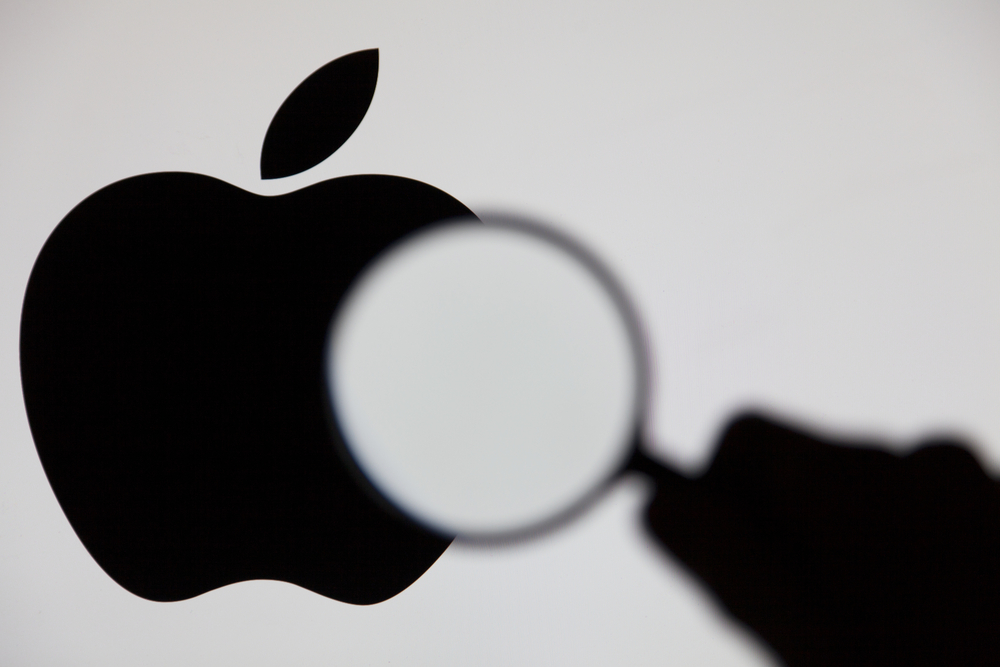Avanci’s 5G Vehicle SEP Program
Laurie Fitzgerald brings over a decade’s worth of experience to the table in the realm of patent licensing and intellectual property. In her current capacity at Avanci Vehicle, she plays a pivotal role in spearheading the platform’s expansion, encompassing over 80 automotive brands and licensors responsible for a significant portion of 3G/4G/5G cellular Standard Essential Patents (SEPs). On this episode of The SEP Couch, we delve into the intricate details of the recently launched 5G Vehicle SEP Program by Avanci.
This groundbreaking initiative marked its debut with the inclusion of Mercedes as the program’s first licensee, followed swiftly by BMW just a month later. Laurie tantalizingly hints at the possibility of additional licensees joining in the near future. While the program faced unavoidable delays, it more than compensated for them with an impressive roster of SEP licensors. Laurie delves into the complexities surrounding negotiations with SEP licensors and automotive OEMs. The overarching objective was to ensure that the program’s launch coincided with the confirmation of a critical mass of SEP licensors. Compared to the 4G program, the inclusion of Samsung and Huawei played a pivotal role in making the launch a reality.
The discussion takes us back to when the 4G program had a mere 11 SEP licensors, and BMW was the sole automotive OEM to sign up. It took 16 months before the second automotive OEM joined the program, highlighting the challenges faced during that period. Fast forward to today, with 58 SEP licensors at the launch, the Avanci offer is considerably more robust. IPlytics estimates a 3G, 4G, and 5G multimode SEP coverage of 80-85%, further reinforcing the program’s appeal. Just four weeks after Mercedes, BMW’s swift entry exemplifies this appeal.
For OEMs contemplating participation within the next six months or before shipping their first 5G vehicle (whichever comes later), Avanci offers a discounted rate of $29 per vehicle. Beyond this grace period, the rate escalates to $32 per vehicle for latecomers. The adjustment in royalty rates has sparked some debate, especially when compared to the initial $15 rate for the 4G program. Laurie, however, defends the new rates by citing the growth in the number of Avanci members, SEP coverage, and the addition of 5G technology. She emphasizes that these rates result from extensive negotiations with SEP owners and automotive OEMs over several years.
While some argue that the rates are only reasonable for premium brands like Mercedes and BMW, Laurie maintains that equity demands a uniform fee structure. This approach ensures a level playing field, and automakers with more budget-conscious vehicles can still benefit from options starting at $3 for eCall.
Participating in the program early secures the advantageous rate of $29 and offers protection through Avanci’s “sticky” license. Once an OEM joins Avanci, any patents held by Avanci members that are later sold to Patent Assertion Entities (PAEs) cannot be asserted against that OEM as long as they were a member of Avanci when the patents were within Avanci’s purview.
Laurie further addresses concerns about the program’s pricing by highlighting the historical context. She points out that the initial $15 rate for the 4G program was established when Avanci had only 11 SEP licensors and a share of about 30% of all SEPs. In contrast, the 5G program encompasses a broader range of SEPs, including 3G, 4G, and 5G, and features a more extensive membership base. The new $29-$32 rates for 5G reflect the increased value and scope of the program.
Laurie’s interview provides a deep dive into the dynamics of the 5G Vehicle SEP Program by Avanci, shedding light on the complexities, negotiations, and strategic considerations that underpin this groundbreaking initiative. Her expertise and insights offer valuable guidance to all stakeholders in the ever-evolving world of patent licensing and intellectual property. The program’s ability to strike a balance between SEP licensors and automotive OEMs, fostering a mutually beneficial environment, positions it as a key player in shaping the future of connected vehicles and patent licensing in the automotive industry.
Tim Pohlmann, Ph.D.
Tim Pohlmann is the CEO and founder of IPlytics. He earned his doctoral degree with the highest distinction from the Berlin Institute of Technology, with a dissertation on patenting and […see more]






